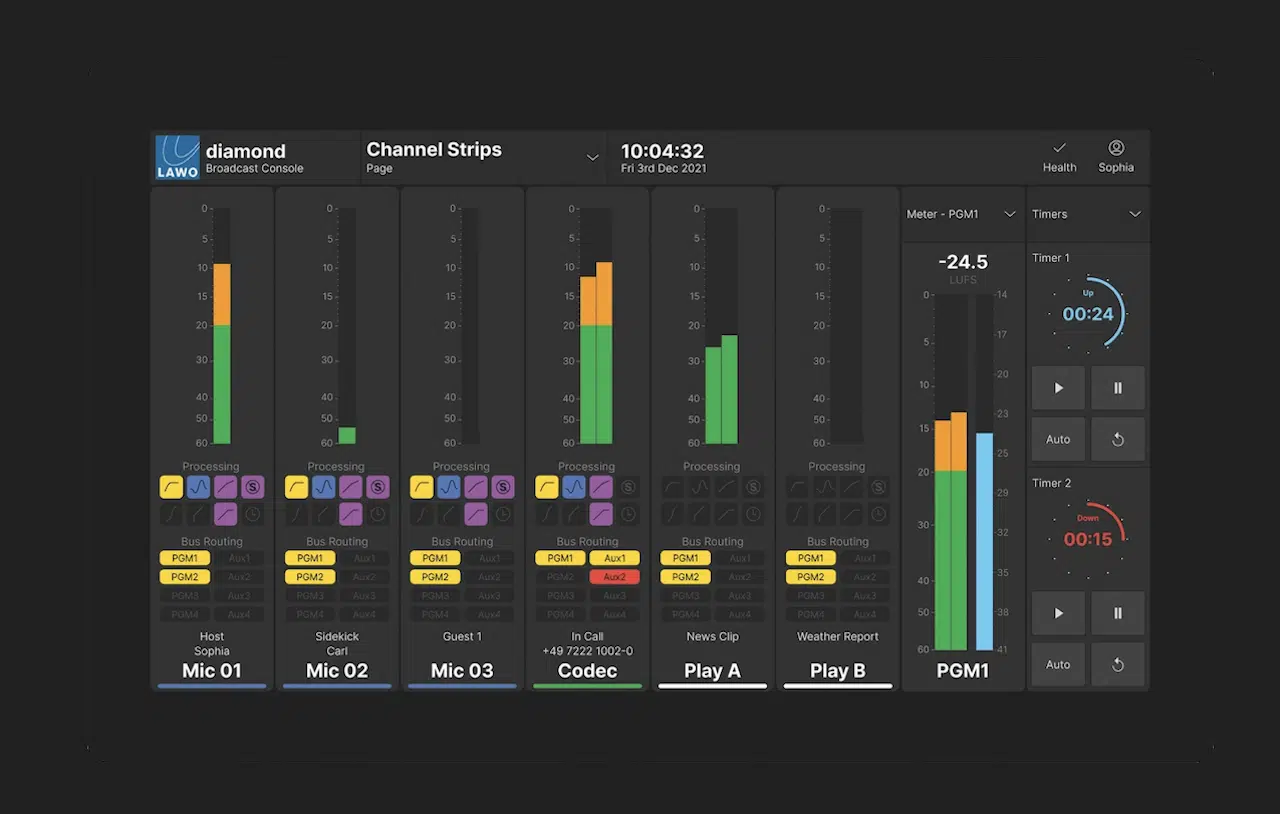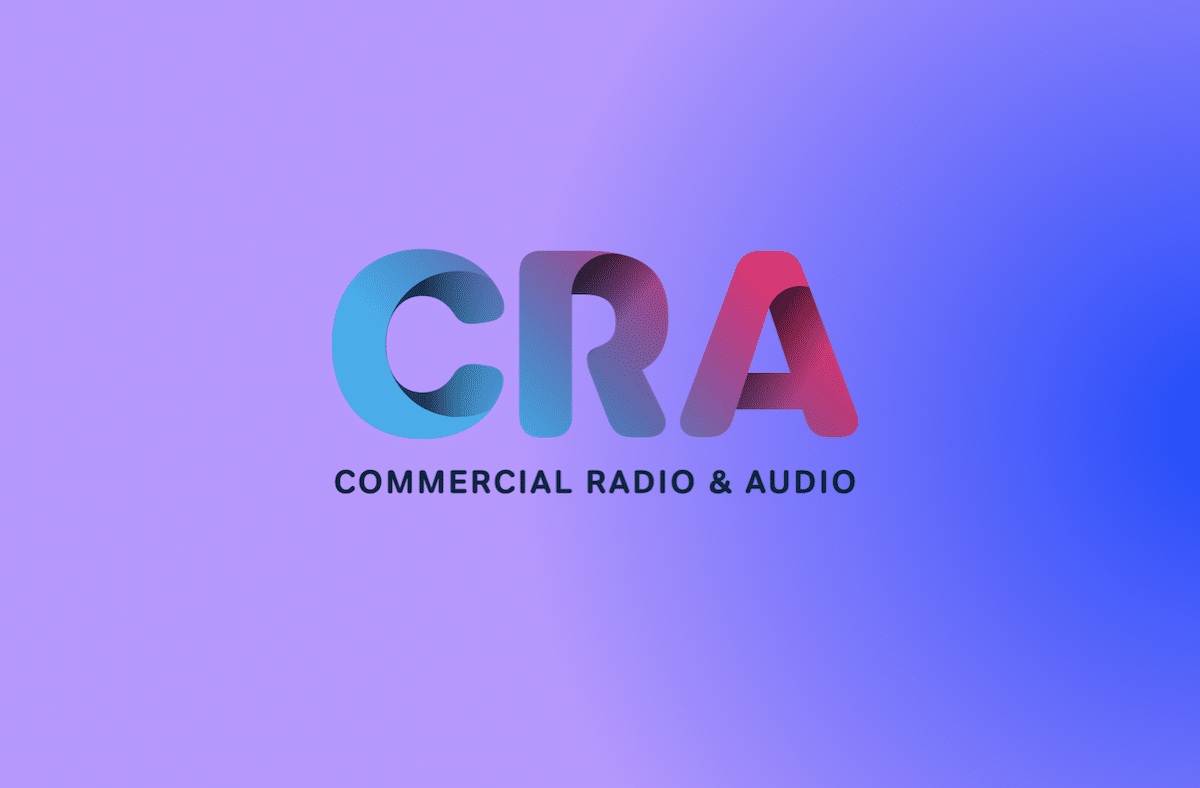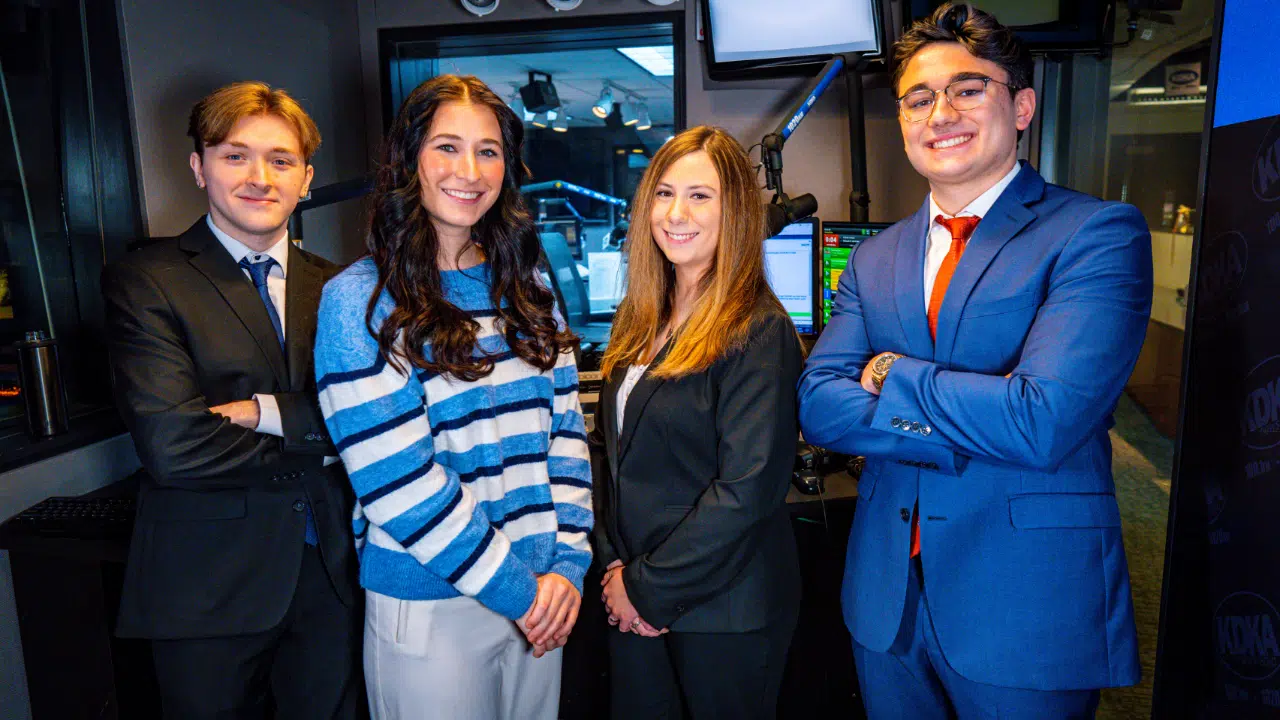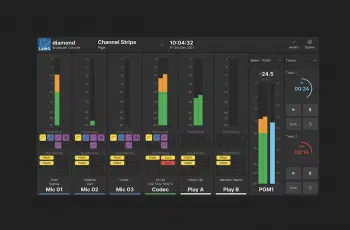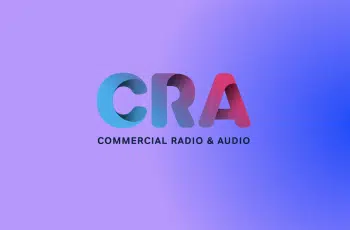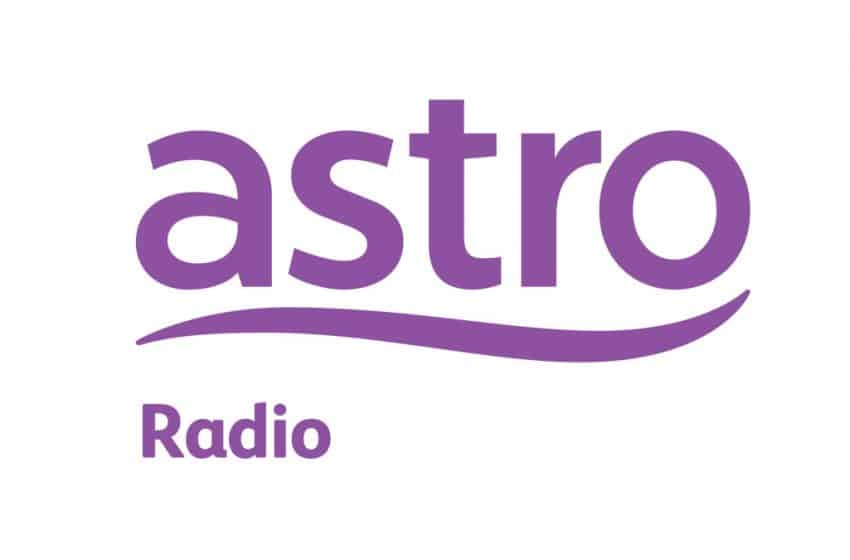
Kenny Ong became CEO of Malaysia’s most popular commercial radio network, Astro Radio, in Feb. 2021. He’s now in charge of the strategic direction for the network in addition to overseeing Rocketfuel Entertainment, which crafts talent-driven digital content for the group’s platforms. Ong, who is also chairman of independent regulatory body, The Content Forum, discusses the role technology plays in staying at the forefront, what post-COVID-19 operations look like for the organization, podcasting in Asia, and more.
RedTech: Would you characterize the Malaysian radio market as very competitive — how many stations or groups are there and how are you differentiating yourself to attract share of audience?

Kenny Ong: Astro Radio itself has 11 core station brands catering to the four main language groups: Malay, Chinese, Tamil and English. We have a combined market share (weekly listenership) of 74.4%. Astro Radio is also the number one station in each of the four language segments — ERA (Malay), HITZ (English), MY (Chinese) and RAAGA (Tamil).
There are three other [major] radio groups — RTM (government-owned stations), Media Prima and Star Media Group. The rest are smaller independent radio stations, such as BFM.
The radio market is very competitive, as listenership is fragmented and listener demographics differ from location to location, on top of the language segmentations.
Astro Radio differentiates itself by operating station brands that are finely tuned to the different languages and demographics, and it invests heavily in technology, content, radio personalities, marketing and branding.
RedTech: What is happening to time spent listening in your market. If it’s declining, where are audiences spending more of their time and how are you re-engineering your radio stations to grow your share of TSL?
Ong: Industry TSL has held steady since 2019, averaging between 13 to 14 hours. It was averaging 11 hours in 2018. Astro Radio has continually refreshed its content and programming on an annual basis. We believe this is the reason why we have managed to maintain our leadership position year on year and continue to lead in our share of TSL as compared to other industry players in the country.
RedTech: How has the health crisis impacted your operations? Has it sped up your transition to non-linear formats?
Ong: The pandemic has impacted us in two ways, both positively: First, it has given us an opportunity to embrace a work-from-home mode by fully making all hardware and software tools available for radio personalities/announcers to broadcast 100% from their homes in high quality without interruptions. Second, it has accelerated our push into online radio, podcasts and other digital audio products.
RedTech: What does post-COVID look like for Astro Radio and for the radio broadcast industry in Malaysia in general?
Ong: We believe that the radio broadcast industry continues to be significant (currently it has a reach of 94%, the highest of any medium in the country), as radio continues to be the cheapest, most effective and powerful medium to reach every part of the nation, in all languages. We predict that this will continue for many years to come.
Post-COVID will see Astro Radio functioning fully in both the traditional linear format as well as through our digital audio platforms, with continuous innovations in content and programming to cater to the ever-changing taste of listeners. We will also see Astro Radio investing and expanding our channels and product offerings, effectively turning us from a radio company into a full-scale audio network, available not only through FM radio sets, but also through mobile phones, smart TVs, smart speakers and other connected audio technology.
[The health crisis] accelerated our push into online radio, podcasts and other digital audio products.
RedTech: What role does technology and software play in your business either to help you grow, or to cut costs? If you had no budgetary constraints, what would you do at Astro to ensure a thriving future for the business?
Ong: Astro Radio has always been and continues to be on a growth path, powered by the latest engineering, technology and software. By regularly updating and refreshing our technology infrastructure, we are able to grow and maintain costs in a healthy manner. We are also very disciplined in stripping away non-value-added costs and fully optimizing the resources we already have. As mentioned previously, we continue to invest in technology in both mainstream linear broadcast (FM) as well as in newer technologies such as online streaming, podcasting, app development, data and analytics, etc.
RedTech: Is there a future for music radio when confronted by Spotify and various other music streaming services? Please explain.
Ong: With regards to audio platforms, we believe that different formats appeal to different users, at different times of the day or week. Music streaming services cater to certain niche segments, especially those who are active in selecting the songs they want to hear and who love programming their own playlists. However, we find that a majority of listeners still prefer passive listening or having people help them discover songs in an enjoyable and organic manner.
This is where radio is the preferred medium. Radio (both FM and online) is still the go-to audio platform for the general Malaysian population due to many factors — content localization, fantastic radio announcers and personalities, relevant content, variety and familiarity.
Even during the pandemic and with almost everyone stuck at home during lockdowns (known as the “Movement Control Order” in Malaysia), radio remained a favorite entertainment and infotainment platform with 94% reach.
An increasing number of users are turning to radio during the pandemic, as most people are experiencing screen fatigue.
Astro Radio continues to innovate and be relevant to listeners by continuing to invest in both FM linear broadcast and in digital/online audio (including new areas such as ad-funded streaming, on-demand audio and subscription-based premium content).
RedTech: What is the attitude of advertisers in Malaysia to radio as a medium? How do advertisers know they are getting results with their radio advertising?
Ong: Radio remains a significant part of advertising spend for large and multinational companies because it provides the fastest, widest and deepest reach compared to other advertising platforms. Together with clients and agencies, radio advertisements are also crafted to be extremely relevant, as it is able to target based on language, race, location and income. For medium and small enterprises, radio is the cheapest and most effective way of reaching their target audiences. Combined with the power of social media, radio is able to strengthen brand affiliations, improve conversion rates and create product awareness more cost effectively than any other medium.
By regularly updating and refreshing our technology infrastructure, we are able to grow and maintain costs in a healthy manner.
RedTech: Privacy matters in the digital environment. How is Astro responding to the scrutiny that media companies are under?
Ong: Astro as a group observes very closely all the rules, regulations and guidelines pertaining to privacy and data protection, covered under our country’s Personal Data Protection Act (PDPA). We conduct regular audits on all parts of our operations to ensure that we adhere to the guidelines. As we move more and more into the digital audio space, we ensure the same standards are incorporated into our tech development and vendor selection processes.
Astro is also a core member of the Communications and Multimedia Content Forum of Malaysia (the Content Forum), an independent self-regulatory body set up in 2001 via the Communications and Multimedia Act 1998 and operating under the auspices of the Malaysian Communications and Multimedia Commission. All members of the Content Forum (including Astro) governs content by self-regulation in line with the Malaysian Communications and Multimedia Content Code.
RedTech: What’s the future of podcasting in Malaysia and more largely in Asia?
Ong: At the moment, there is no national data with regards to podcasting since the market is relatively new. In the past few years, we’ve seen a huge rise in the number of local podcasters and local podcast content. Although still new in the game, Astro Radio has already achieved 5.5 million downloads over the last year, across more than 100 podcast titles. All of these podcasts are original productions of Astro Radio, and they cover various categories — catch up, comedy, true crime, horror, lifestyle and news. Astro Radio’s podcasts can be accessed exclusively through SYOK, our online audio platform that is available as a mobile app and via web browsers.
RedTech: What other major trends are impacting the radio industry on a global level?
Ong: IoT and connected devices (e.g. smart speakers and other connected audio devices); vehicles and in-car entertainment systems; the availability of high-speed internet in urban, suburban and rural areas; and the rise of independent local/regional online radio stations and streaming services.
The information provided above is based on the latest GfK Radio Audience Measurement (RAM), Wave 1, 2021, published in May 2021.



